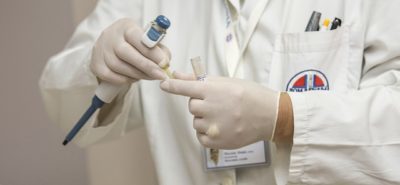DNA testing has long been used to link people with evidence at a crime scene. Now, it is making waves within the medical community, thanks to a new testing procedure intended to minimize the occurrence of unnecessary surgeries. The Indianapolis Daily Star reports that Indiana’s forensic science lab is now using DNA testing to reduce medical mix-ups and inaccurate diagnoses. This is something that a Chicago medical malpractice attorney and others should embrace here in Illinois for the protection of patients.
Unnecessary surgeries and medical mistakes
According to a study conducted by Strand Diagnostics, a leading provider of nationwide confirmation testing services, medical mistakes occur in roughly 2.5 percent of all prostate biopsies. As a result, one in every 200 patients receives an inaccurate cancer diagnosis, and an estimated $879.9 million is spent on unnecessary medical treatments and related surgery expenditures.
While the financial repercussions are severe, these figures fail to take into account the emotional tolls involved with false diagnoses or needless surgeries. A Chicago medical malpractice attorney recognizes that the psychological effects of these unnecessary procedures are considerable, and are sometimes equally as damaging as the physical repercussions.
The Know Error system
According to the Indianapolis Star, Indiana began using Strand Diagnostics’ Know Error system in response to growing concern over false-positive cancer biopsies and the surgeries that are performed as a result of the inaccurate diagnoses. Designed to test positive biopsy specimens to ensure they are indeed those of the patient tested, the system has been used on approximately 175,000 individuals to date.
Indiana facilities currently using the Know Error system do so by taking a DNA swab from a patient immediately when a biopsy is performed. If the medical lab finds the biopsy to be positive, a biopsy sample is then sent to the Strand lab, where it can be compared against the patient’s original DNA sample. Just as DNA evidence can link someone to a crime scene, it can link a patient to a particular biopsy, or alternatively, indicate if a medical error has been made.
Eliminating costly mistakes
Strand Diagnostics reports that about 6 percent of all prostate biopsies and about 1 percent of all breast biopsies currently go through the Know Error system. Until the system is widely used throughout the nation, patients who receive positive cancer diagnoses are encouraged to seek second opinions to avoid unnecessary, expensive and potentially dangerous medical procedures. Those who have been injured from a medical error should discuss their situation with a Chicago medical malpractice attorney.

